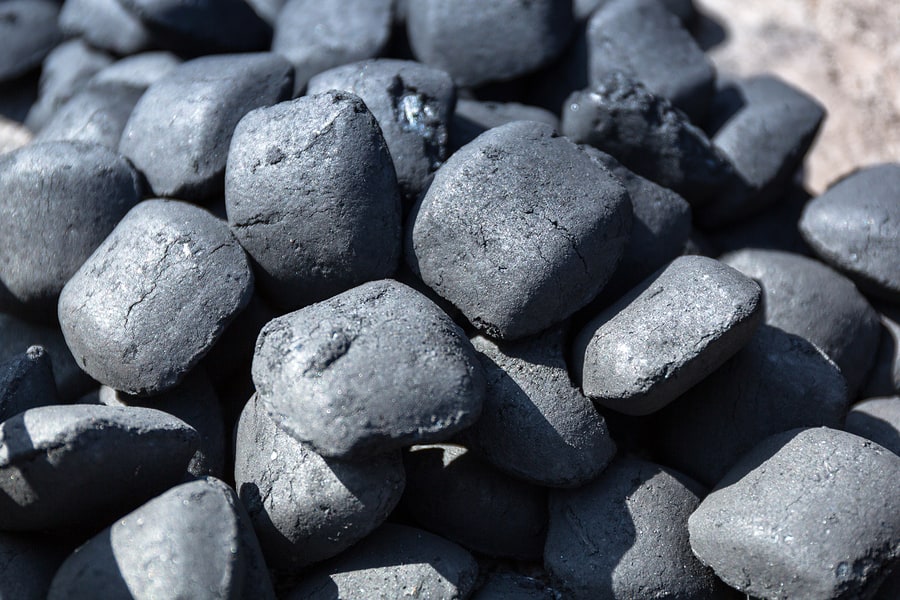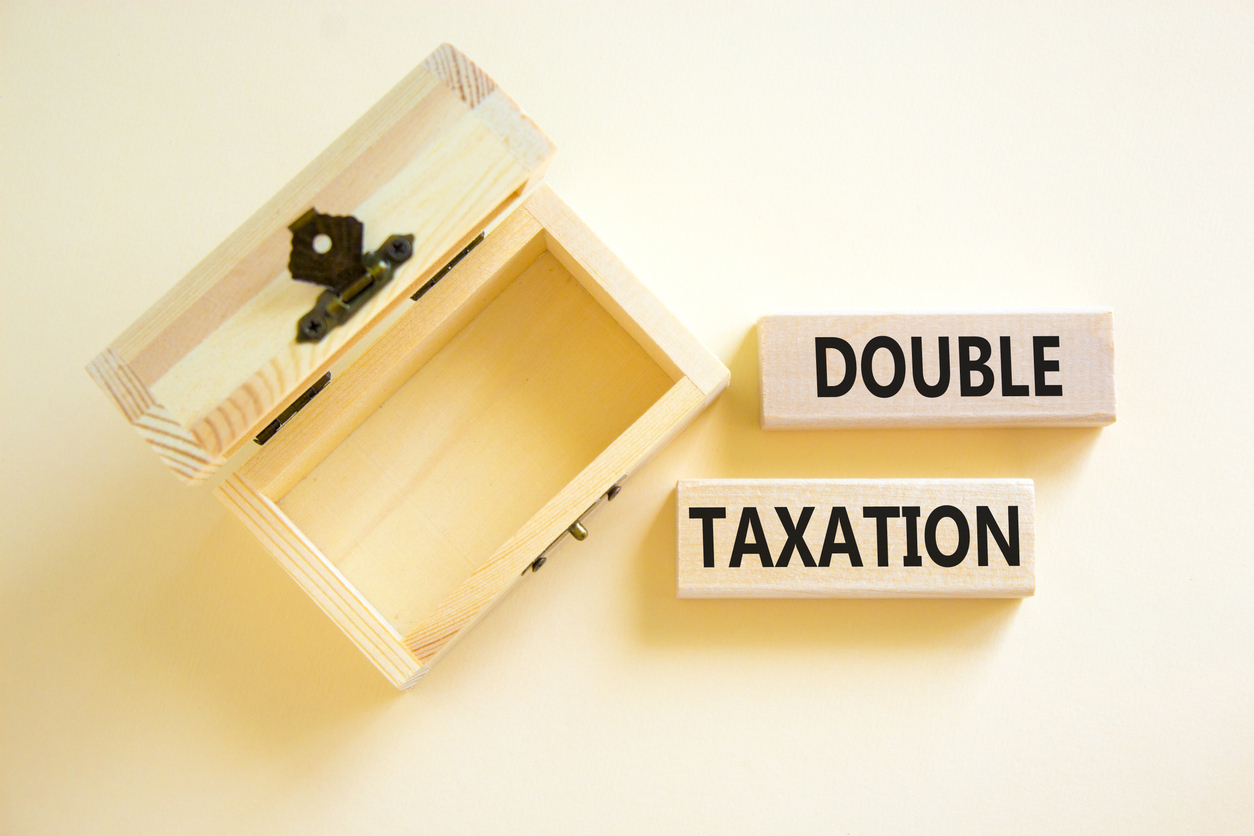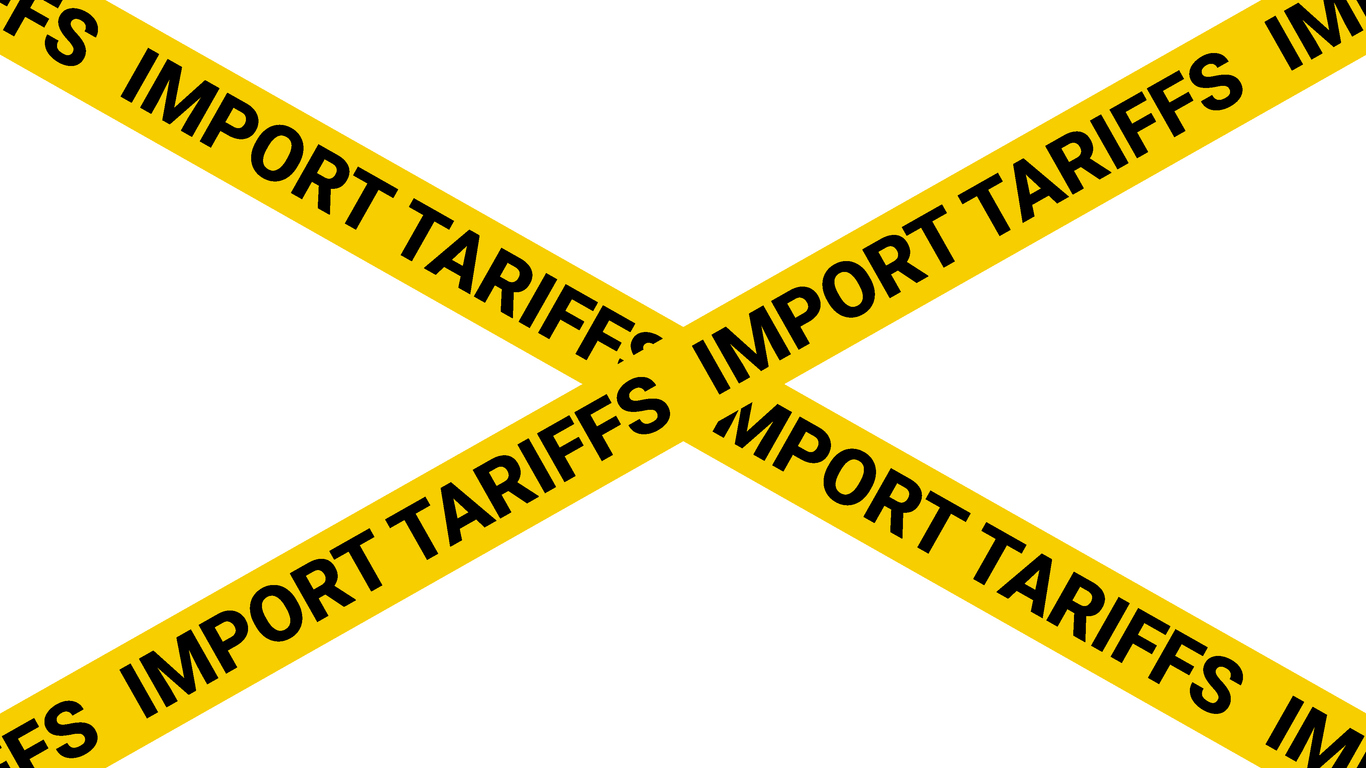A Comprehensive Guide to Buying and Exporting Coal Briquettes from South Africa
A Comprehensive Guide to Buying and Exporting Coal Briquettes from South Africa
Recognizing the demand in global markets for cost-effective and sustainable biomass solutions, South Africa has become a major player in the coal briquette export market. The nation’s extensive coalfields and a growing mining sector have made it one of the world’s leading suppliers of raw coking coal. In fact, South Africa is among only a handful of primary producers that are also exporters of finished coal products such as briquettes.Interested in exporting or buying coal briquettes from South Africa? This guide will address all your questions about the process, regulations, risks, and benefits involved. Read on to understand why you should consider this opportunity, who to contact for more information and what you need to know before getting started.
What is a coal briquette?
A briquette is a type of fuel made from coal dust or coal ash that is formed into a small rectangular block. Briquettes are used primarily for domestic heating and cooking, as well as industrial applications. Briquettes are easy to transport, store, and distribute, and they are much more cost-effective than other types of fuels, such as natural gas. The coal briquette process involves blending mined coal with additives such as clay, soda ash, and graphite. This mixture is then compressed into blocks and heated to about 1000 degrees Celsius for several hours. The briquettes are then allowed to cool and harden. The briquettes made from South African coal are often used for electricity generation.
Why should you consider buying and exporting coal briquettes?
Because of their low cost, briquettes could be a profitable addition to your business. Compared to other forms of carbon, such as coal, gasoline, and natural gas, briquettes are relatively inexpensive. Briquettes are also convenient to store and transport, making them useful in a variety of industrial sectors. Briquettes are also a renewable fuel source, with high carbon content. They are energy-dense, making them a viable option for electricity generation. Briquettes are also easy to use and particularly beneficial for households in low-income communities. Buying or selling coal briquettes could be a smart business decision. Briquettes are a highly desirable product among industrial buyers, who often use them in place of coal. In addition, many developing countries that rely heavily on wood or charcoal as fuel sources could benefit from briquette-burning stoves.
Exporting and importing regulations for coal briquettes
The South African Government is clear about the regulations surrounding coal briquettes. According to the Department of Trade and Industry, briquette importers are required to obtain a permit from the Director-General of the Department of Health. Only briquettes that have been certified according to the Coal Briquettes (Sulphur Emissions) Notice, 1986, are allowed into the country. In terms of exporting briquettes, exporters are required to have a valid permit from the Director-General of the Department of Health. All briquettes exported from South Africa must be certified according to the Coal Briquettes (Sulphur Emissions) Notice, 1986.
The risks of buying and exporting coal briquettes
Like many commodities, briquettes are subject to volatile price fluctuations. While this can be an attractive aspect of briquette exports for buyers, it could also pose a risk. Before entering into a briquette purchase agreement, it’s important to be aware of the potential price fluctuations. If you do enter into a contract, be sure to include price adjustments or other clauses to protect your interests. Price fluctuations are not the only risk involved with buying and exporting coal briquettes. Briquettes are often derived from lignite, which contains high levels of sulfur. Briquettes with high sulfur content have been known to emit harmful levels of sulfur dioxide, which has been linked to health and environmental issues. Before importing or exporting briquettes, be sure to thoroughly research the product and its potential risks.
The benefits of buying and exporting coal briquettes
Briquettes are a versatile product that has a variety of uses and applications. Because briquettes are easy to transport, store, and use, you could earn revenue from selling briquettes in multiple markets. You could also sell briquettes to a variety of customers, including industrial plants, households, and electricity generators. Briquettes are also a beneficial product for households that rely on wood or charcoal as fuel sources. Many developing countries have very limited access to electricity and other sources of energy. Briquette-burning stoves could provide an affordable, reliable source of heat and energy.
How to buy and export coal briquettes from South Africa?
If you’re interested in buying and exporting briquettes from South Africa, there are a few steps you need to follow. Before you begin the process, it would be beneficial to identify a particular supplier. Identifying a supplier early on will help you to streamline the buying and exporting process. If you’re representing an industrial buyer, you’ll first want to obtain a letter of intent from the supplier. This document outlines the terms of your purchase and gives you the first right of refusal. Once you’ve signed a letter of intent and obtained a sample of the briquettes, you’ll need to apply for an import permit. Once you’ve obtained the necessary permits, you’ll be ready to complete the transaction.
Conclusion
Briquettes could be an attractive addition to your business. Because briquettes are easy to transport, store, and use, they have multiple applications, including residential, industrial, and electricity generation. Briquettes are also a beneficial product for households that rely on wood or charcoal as fuel sources.








LEAVE A COMMENT
You must be logged in to post a comment.